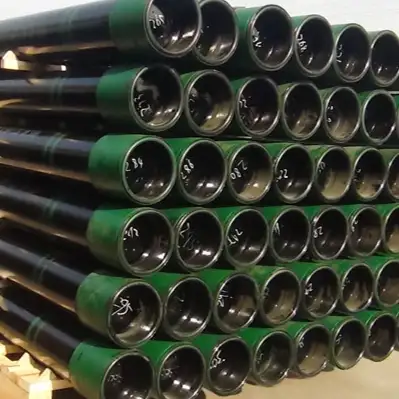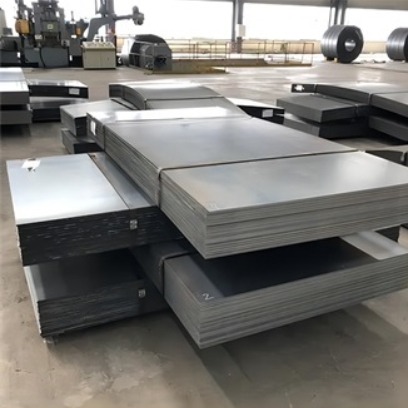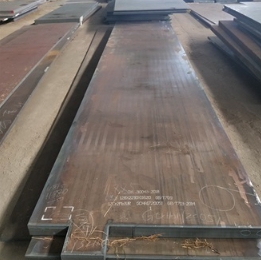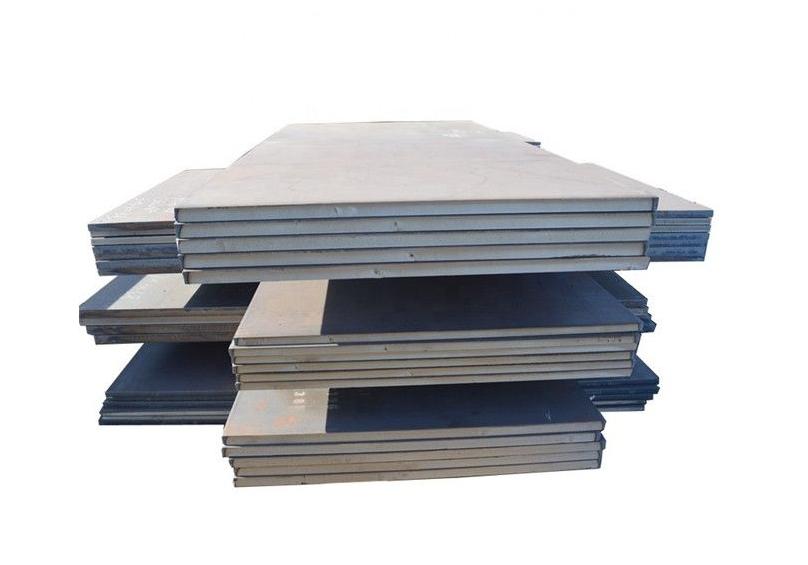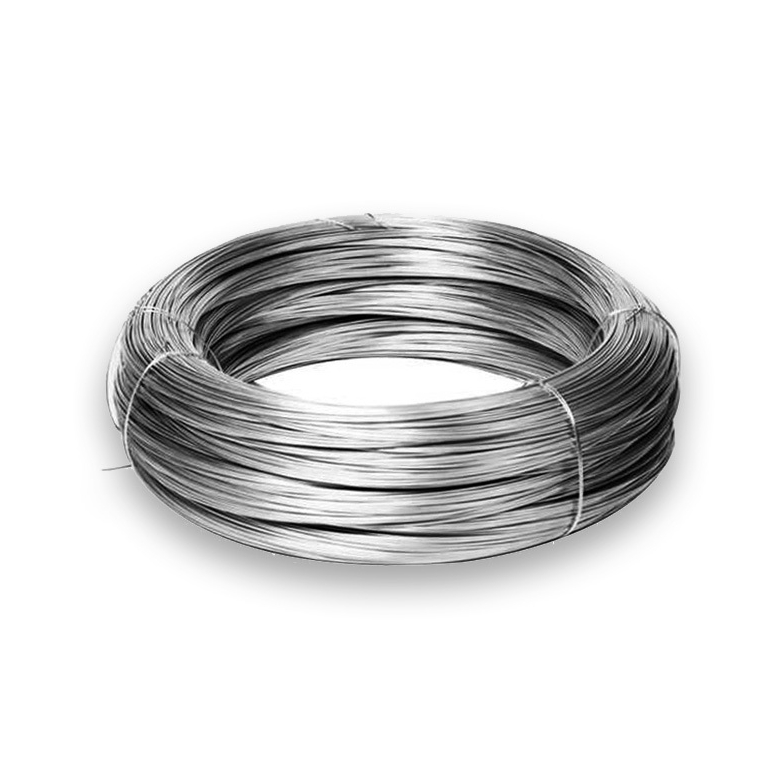Carbon seamless steel pipes are fundamental components in various industrial applications, valued for their strength, durability, and ability to withstand high pressures and temperatures. Unlike welded pipes, seamless pipes are manufactured from a solid cylindrical billet, which is heated and then pierced, rolled, and drawn to the desired dimensions, resulting in a homogenous structure without any weld seams.
Key Specifications and Standards
When sourcing wholesale carbon seamless steel pipes, understanding key specifications is crucial. Common standards include:
- ASTM A106/ASME SA106: This is a primary standard for seamless carbon steel pipe intended for high-temperature service. It covers grades such as Grade B, which is widely used.
- ASTM A53/ASME SA53: This specification covers seamless and welded black and hot-dipped galvanized steel pipe. Type S (seamless) is relevant here, often used for pressure and mechanical applications.
- API 5L: Specifies seamless and welded steel line pipe for petroleum and natural gas industries.
Material grades, such as Grade B, P235GH, or ST37, dictate the chemical composition and mechanical properties, including tensile strength and yield strength. Sourcing from established entities can ensure adherence to these critical parameters.
Manufacturing Process
Carbon seamless steel pipes are typically manufactured using one of two main processes:
- Hot Rolling: The steel billet is heated to a high temperature and then pierced and rolled to form a hollow shell. This method is cost-effective for larger diameter pipes.
- Cold Drawing: After hot rolling, the pipe can be further processed by cold drawing. This involves pulling the pipe through a die at room temperature, resulting in tighter dimensional tolerances, improved surface finish, and enhanced mechanical properties.
Reliable manufacturers, such as Shanxi Luokaiwei Steel Company, often employ advanced techniques to ensure consistent quality and adherence to specifications for both hot-rolled and cold-drawn pipes.
Common Applications
The robust nature of carbon seamless steel pipes makes them suitable for demanding environments across various sectors:
- Oil and Gas: For drilling, transportation of crude oil and natural gas, and refinery operations.
- Power Generation: In boilers, superheaters, and heat exchangers due to their high-temperature resistance.
- Petrochemical Industry: For processing and conveying chemicals and hydrocarbons.
- Construction and Infrastructure: For structural purposes, piling, and fluid transportation.
- Mechanical Engineering: For manufacturing machine parts, axles, and bearings.
Advantages of Carbon Seamless Steel Pipes
Wholesalers and end-users prefer carbon seamless steel pipes for several reasons:
- Superior Strength and Pressure Resistance: The absence of a weld seam means uniform strength throughout the pipe, making it ideal for high-pressure applications.
- Enhanced Durability: Higher carbon content generally contributes to increased hardness and wear resistance.
- Uniform Structure: Provides better performance predictability and often improved corrosion resistance compared to some welded alternatives.
- High Temperature Performance: Certain grades, like ASTM A106, are specifically designed for high-temperature service.
Many suppliers, including companies like Shanxi Luokaiwei Steel Company, focus on providing pipes that meet these critical performance criteria for various industrial needs.
Wholesale Purchasing Considerations
When purchasing carbon seamless steel pipes in wholesale quantities, several factors should be considered:
- Mill Test Certificates (MTCs): Always request MTCs (e.g., EN 10204 3.1) to verify chemical composition, mechanical properties, and compliance with standards.
- Supplier Reputation and Certifications: Choose reputable suppliers with a track record of quality and reliability. Certifications like ISO 9001 can be an indicator. For instance, checking the credentials of suppliers like Shanxi Luokaiwei Steel Company is a good practice.
- Dimensional Tolerances: Ensure the pipes meet the required outside diameter, wall thickness, and length tolerances as per the specified standards.
- Surface Finish and End Preparation: Specify requirements for surface condition (e.g., black, anti-rust oil, galvanized) and end types (e.g., plain ends, beveled ends for welding).
- Logistics and Lead Times: Clarify shipping arrangements, packaging for transit, and delivery schedules.
Thorough due diligence is essential to secure high-quality products that meet project requirements. Building relationships with dependable manufacturers, such as Shanxi Luokaiwei Steel Company, can facilitate smoother procurement processes and ensure consistent supply for ongoing needs.



